Part 19: Liberdade ou Morte

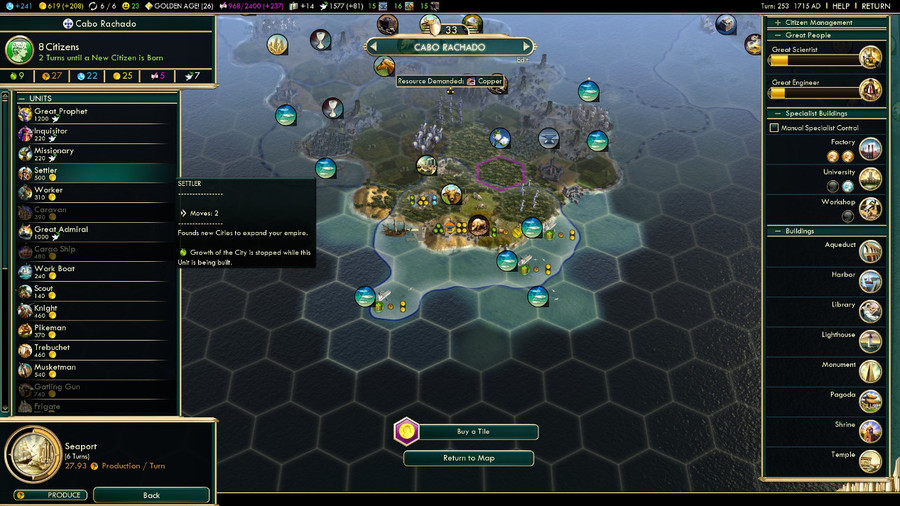
"Senhora Presidente, the colonial venture firm we were discussing in Cabo Rachado has been purchased by the Crown...I should say the Treasury." Antonio Salazar tripped slightly over his words while briefing the President.
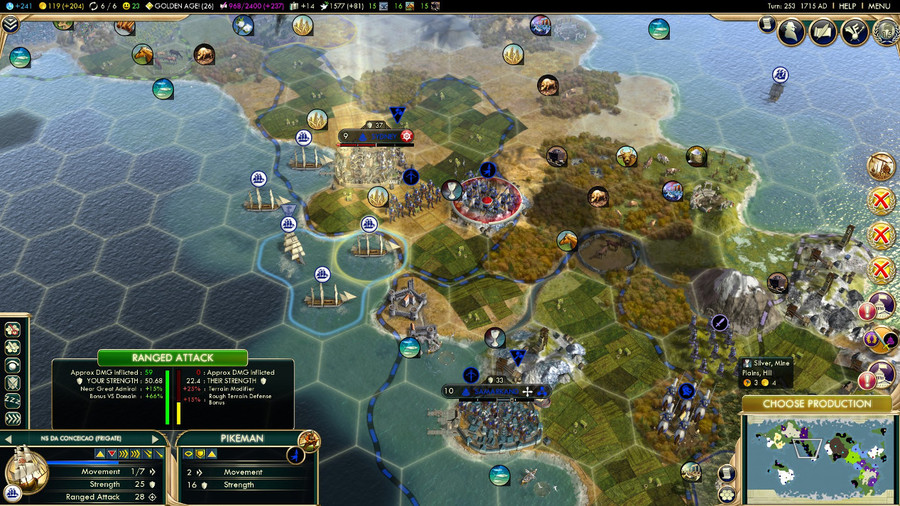
"Though Sydney was a concern due to its placement near the eventual site, Doria and his forces are more than a match for Sydneysider ground units."
"Make sure they understand the city is not to be targeted. They are simply beholden to political ties to the Roman, and we will have to mend relations once the conflict is over." She replies coolly.
"Of course."
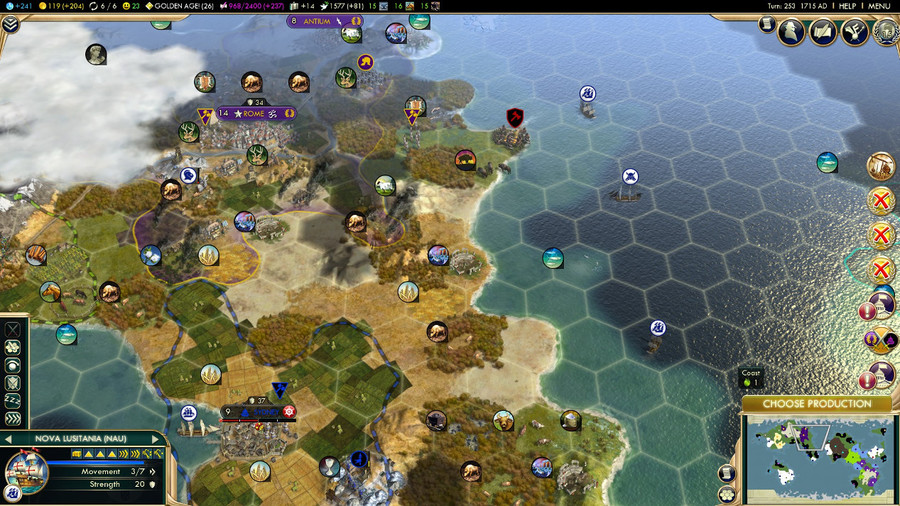
"Almeida's crews are providing substantial intelligence of the entire north end of the cape." Salazar continues. "The coast should be clear for settlement and devoid of any Roman intervention for some time, and in the unlikely event of an assault it can be easily reinforced by the Armada."
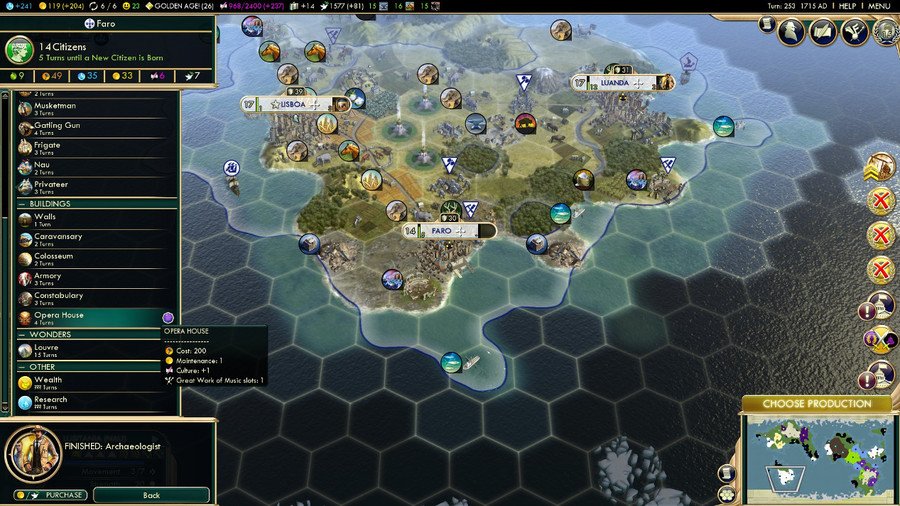
"If we are done here for now, I have an appointment in Faro. I hear they are going to perform Britten at the opening."
"I am afraid I have no ear for music, Senhora."
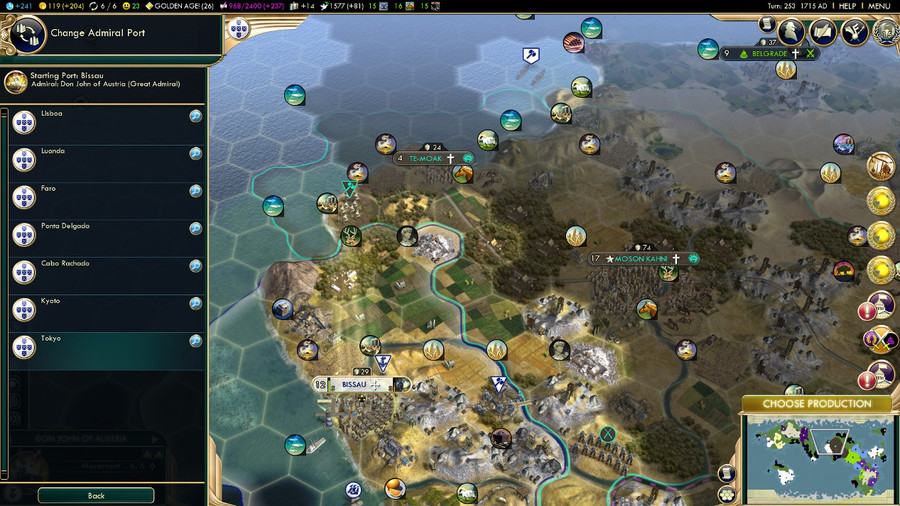
"Oh, you should also know that Almeida wrote me from Tokyo. He says that the Japanese Confucians are full of fascinating sayings, and only someone like yourself could possibly make sense of them."
"What business is it of mine to make sense of absurd heresy?"
President Bragança stops and regards her financial advisor sternly.
"Don't take that tone with me, Antonio. I've heard from the Casa. They told you that your new position was a demotion, which is a lie. You're making a greater difference in your nation here than you would have in private enterprise."
"The Estado Novo was..."
"Not what we needed." She cuts him off sharply.
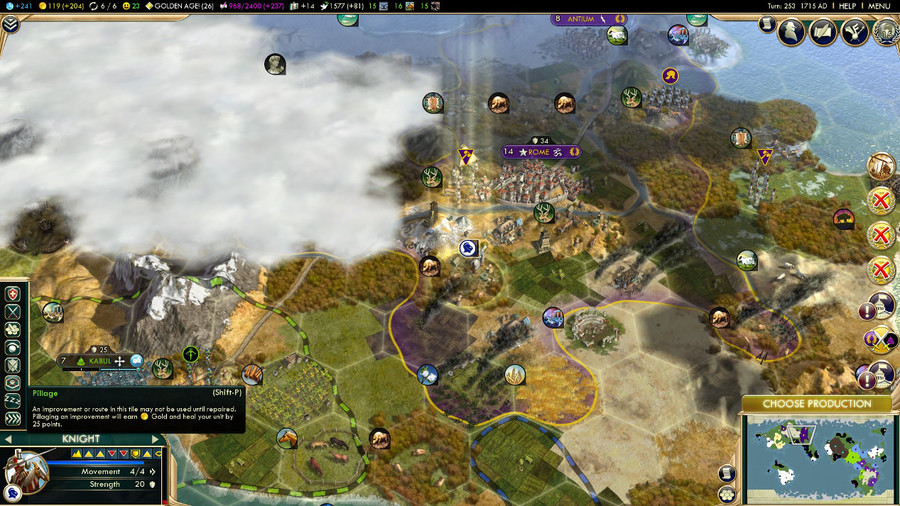
"Were we to live in a brutal world like the Romans seem to believe we do, then I can understand that your idea might have been regarded with more merit. However, we are blessed with the kind of enlightened thinking that affords us a better choice."
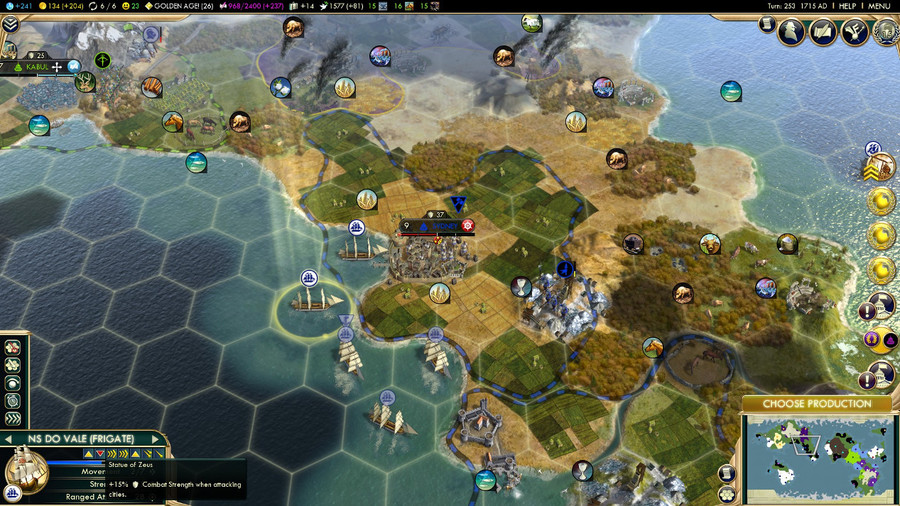
"Our actions on behalf of the Assyrians mean that even their primordial war god affords us protection in times like these. Would we have been given such a chance to realize this blessing had we not shown them their due mercy?"
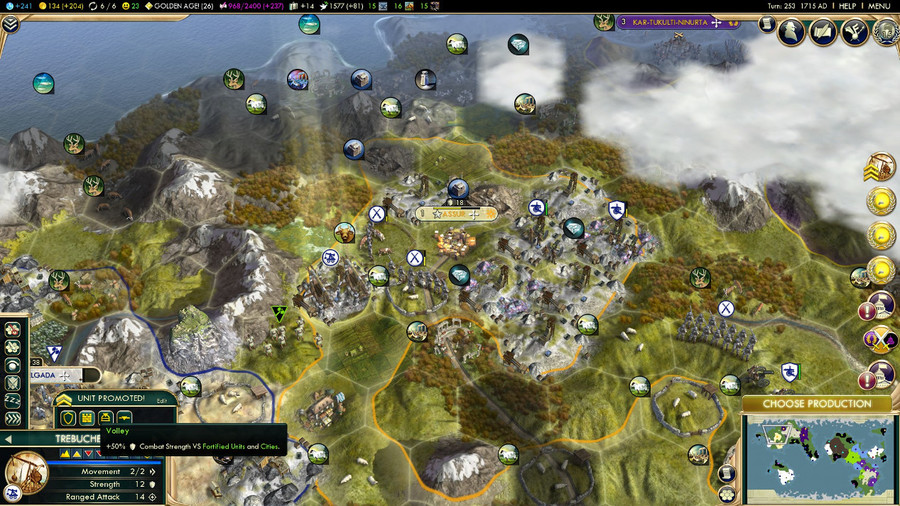
Salazar waits for a moment before responding.
"It is because we develop our strengths in the field of battle, acting on behalf of a strong nation, that Portugal is even able to afford those mercies. We have not shared the Assyrians' fates because we prepared for the brutalities of the world."

"Diplomacy alone does not solve everything, and creates at least as many problems. I have heard that the Assyrians are becoming unsettled by your choices in the diplomatic sphere. Thus, while I voiced my misgivings at the time, perhaps their words will give you pause where mine could not."

"Diplomacy requires patience, Antonio, especially with friends." The President continues, though slightly less certainly. "These are but a vocal minority and not indicative of any great change in the plan we are creating for the future."

"Then I suppose that missive from Theodora that the foreign secretary told me about was just a sign that she is also in that minority."
The President stops, taken aback, and Salazar continues.
"War is just diplomacy by other means, Senhora Presidente. When your supposed friendship with that Pocatello fool falls apart, you should realize that it will be up to our military to pick up the pieces."
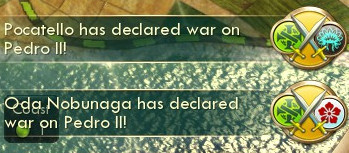
At this moment, a messenger barges into the situation room unannounced, and quickly informs the President that the Shoshone and the Japanese have begun a joint assault on Brazilian holdings.
Salazar says nothing, but when his gaze meets that of the President, her temper takes over again and she shrieks at those assembled to leave her sight at once.
She then hastily begins composing a message to Almeida.
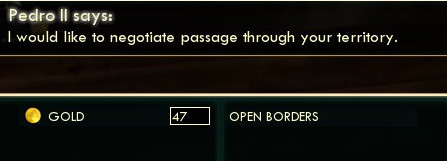
"Unfortunately," Almeida informs an advisor from within the Japanese court, "the terms of the defensive treaty with Brazil had expired by the time this attack was announced, and we believe some spies from among Pocatello's ensemble or Oda's prepared their attack for just such an occasion. Dom Pedro has made an unrelated offer, perhaps in the hope of being able to provide refuge to his people, but from a political standpoint it is almost certainly too costly to enter into a conflict with two other major powers while still engaged with a third."
"What should I tell the President, then?" The aide asks nervously.
"Tell her to respond with passive aggression. I'm wanted inside, excuse me."
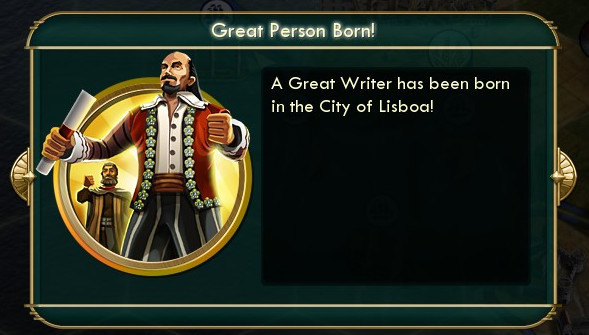
When he approached the assembly in the Japanese palace, the local Daimyo extended him an invitation to sit across from him at a small table and partake of a manuscript placed upon the table. Though his Japanese was rusty, he was able to identify the text as some form of story.
"The words of your Sebastião have had a profound impact on one of our great poets, and he has decided to tell a story about his experiences under Oda. He told us that his ancestors suffered terribly for their adherence to a faith from your country, and were forced to endure terrible punishments for their refusal to recant."

"I can see that it is a hopeful tale, though." João adds. "I am not qualified to speak on the nature of your nation's poetry, but I think that perhaps he was reflecting on something magnificent in the fact that his antecedents survived such hardship and imparted the teachings of Sebastião unto him."
He pointed out the passage he was considering to draw his host's attention.
Shuusaku Endou posted:
Man is a strange being. He always has a feeling somewhere in his heart that whatever the danger he will pull through. It's just like when on a rainy day you imagine the faint rays of the sun shining on a distant hill.
"Your author is a wonderfully talented man. I should very much like to bring a copy of this text to Lisboa, that our President might have a chance to read it."
The host smiles in response.
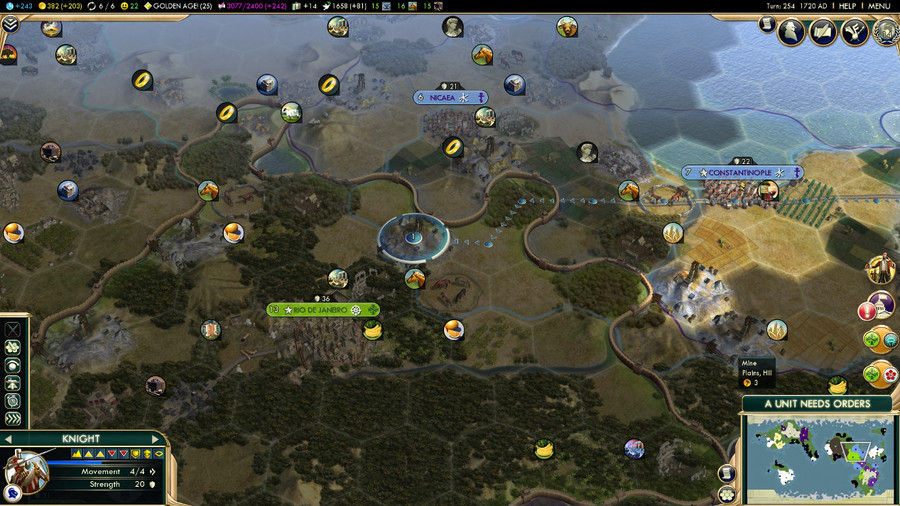
After some consternation, the President gives the order for a cavalry unit to march into Brazilian territory, intent on acting as Almeida's agent of "passive aggression." Though she had some understanding of the doctrine behind what Almeida suggested, the actual execution of it was somewhat foreign to her, and would require some luck to execute.
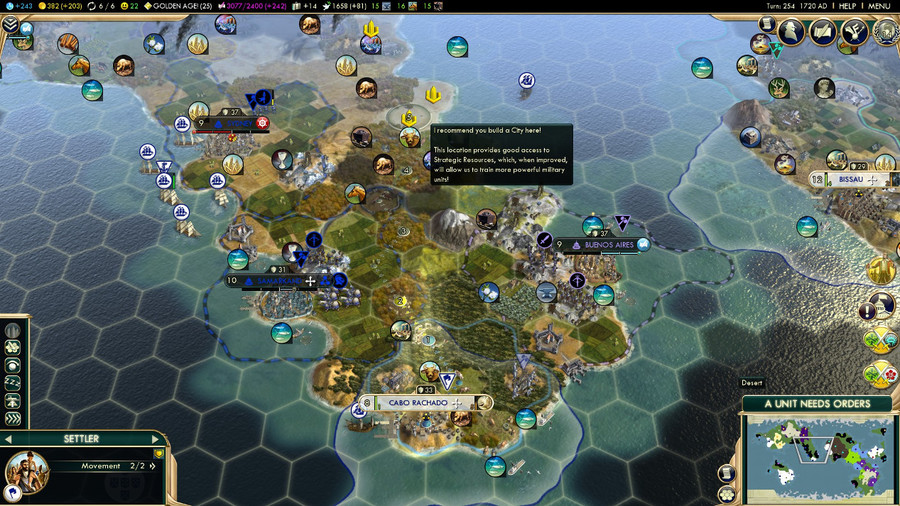
With their route carefully plotted, the venture company hired out of Cabo Rachado prepares for their journey north in order to hopefully find a decently habitable spot near the coast.
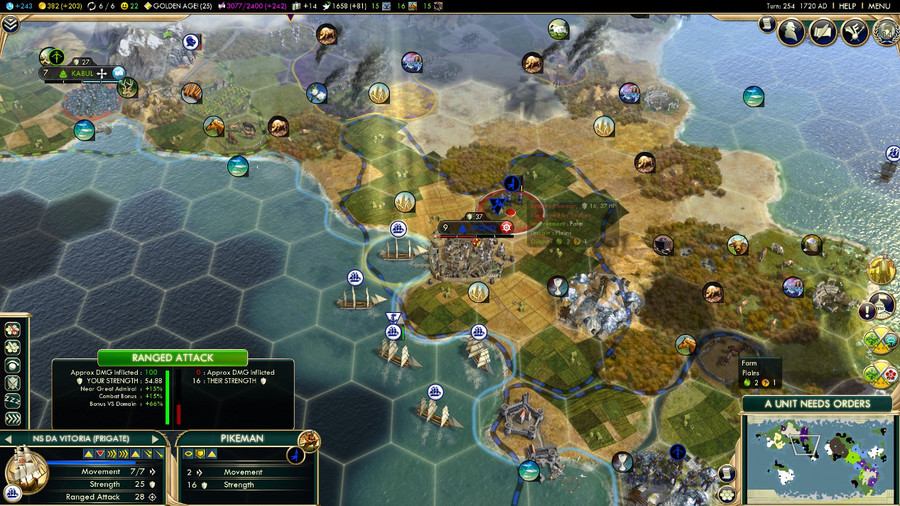
Unknown to them, Andrea Doria was busy ensuring that their passage would be safe and pleasant, albeit at the expense of Sydney.
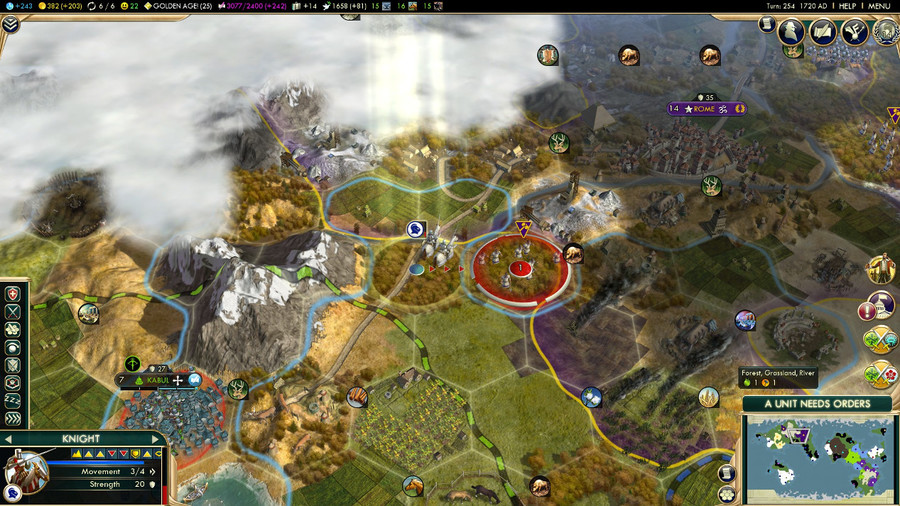
The mounted raiders locate another Assyrian contingent of slaves, and sends them home quickly, delivering another blow to Roman infrastructure.
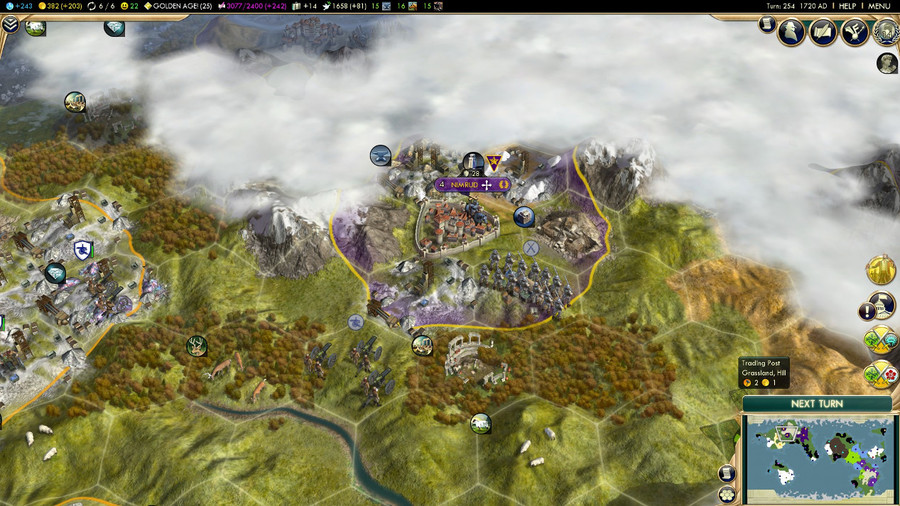
An exploratory group of Açores locate a city hidden in an Assyrian mountain range, housing a Roman general in charge of its defence.
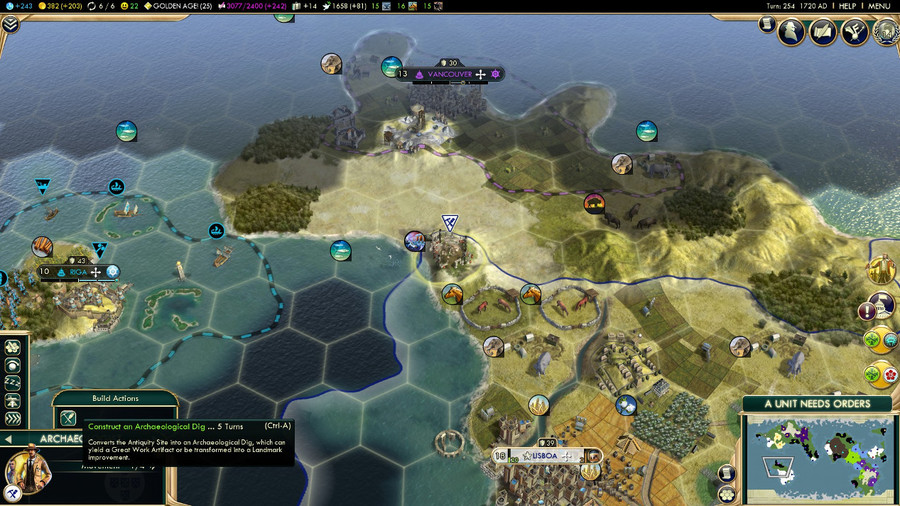
Back in Lisboa, another group of Luandan archaeologists begin to unpack the story of the past.
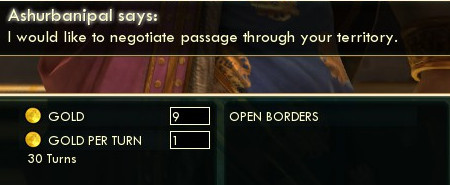
Ashurbanipal's missive seems like business as usual. Then President Bragança opens the package from Tokyo.

She is so moved by the Japanese story that she immediately declares a national holiday to celebrate the artists of the world, and the work that they do to improve the lives of those with whom they share their talents.
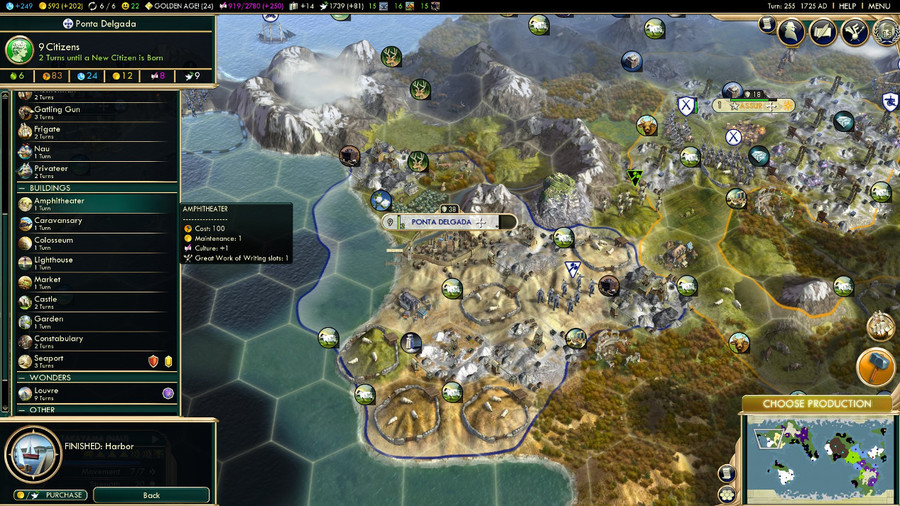
Even the highly-militarized Ponta Delgada is unable to resist the allure of high culture.
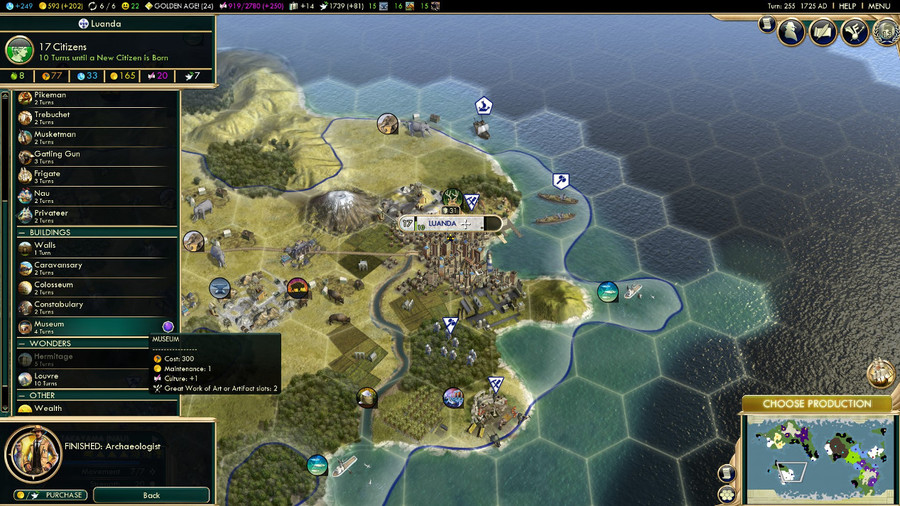
Luanda begins preparation for the storage and display of the numerous artifacts that they anticipate finding in the Lisboan environs.
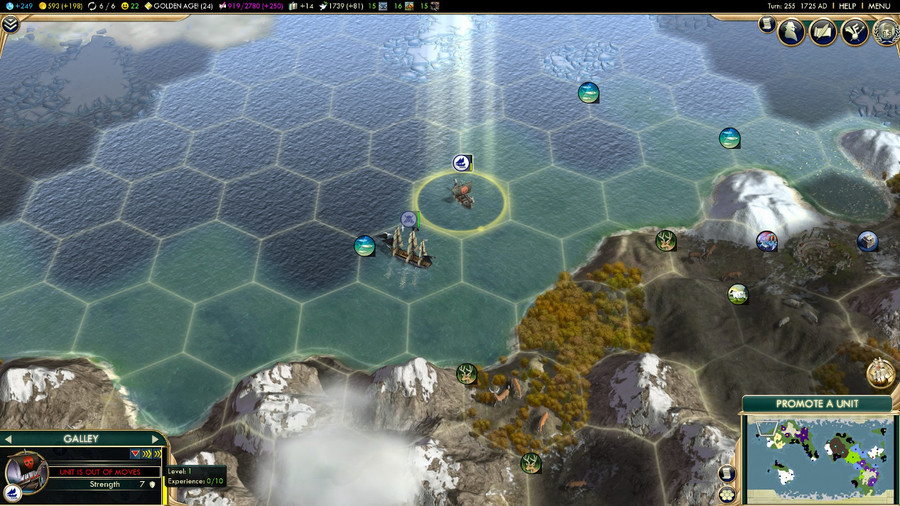
In the frozen north, the Caravela locates an ancient vessel and does some archaeology of its own, removing its Roman barbarian occupants in favour of returning the galley to Ponta Delgada.
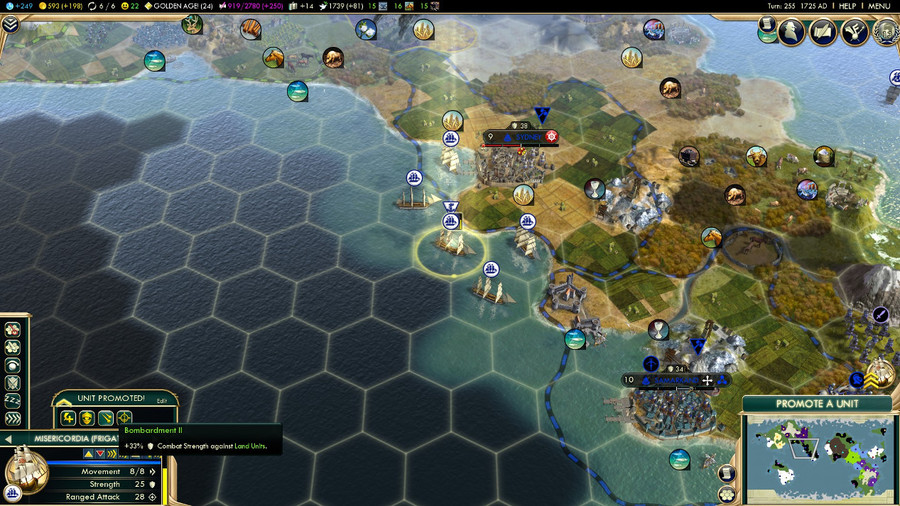
All the while, the Frigates of the Armada are bombarded by Sydney, but do not return fire. This forces them to practice defensive drills and evasive maneuvers constantly, resulting in some increased proficiency among the crew.
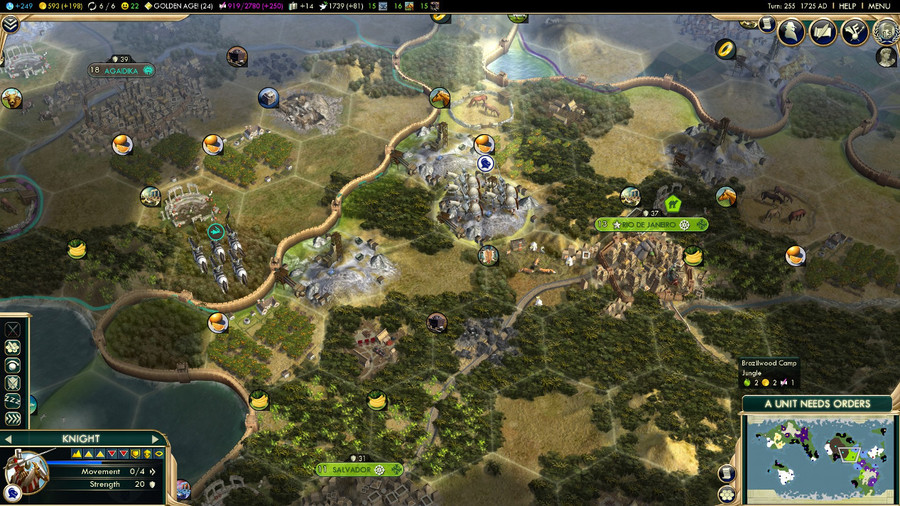
To the President's surprise, there is an "all clear" message from the Brazilian border. It looks as though Pocatello has not launched any sort of offensive yet.
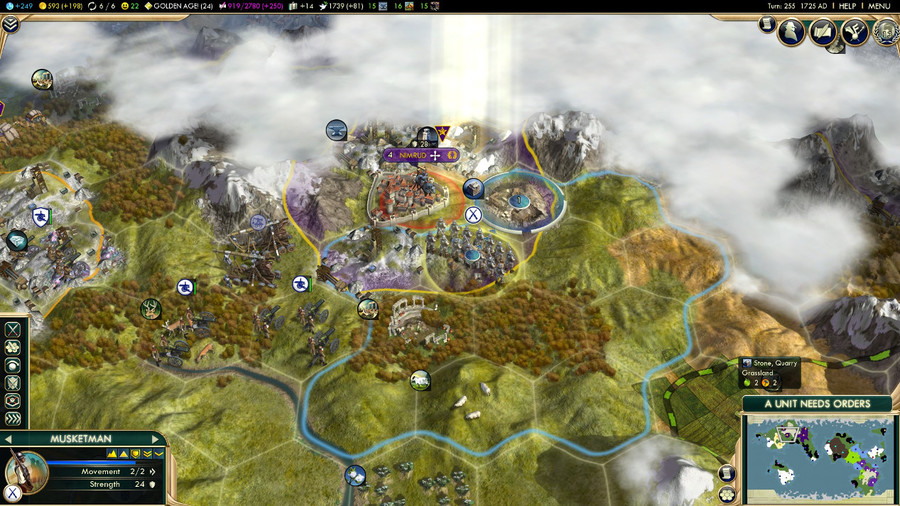
Despite undergoing a bombardment of their own, the Portuguese forces slowly encircle Nimrud.
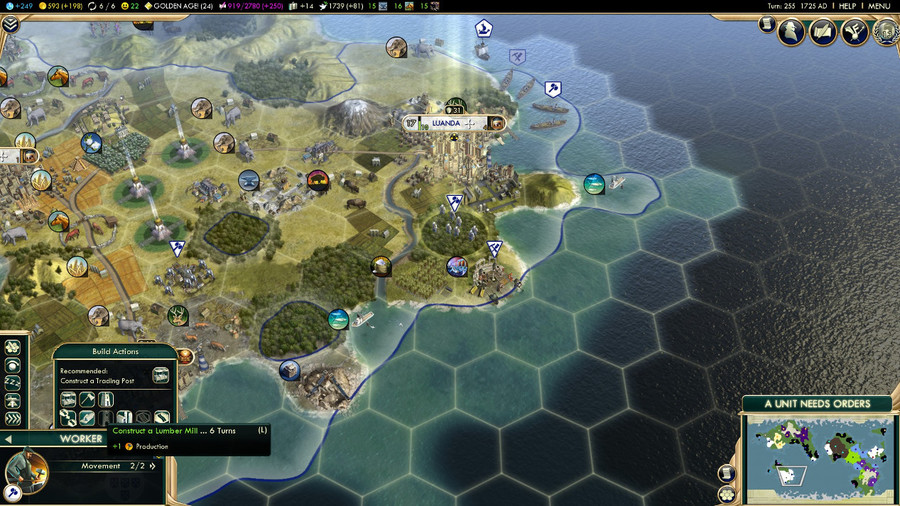
Luandan workers also begin developing a means of harvesting a local forest using more sustainable means than simple clear-cutting.
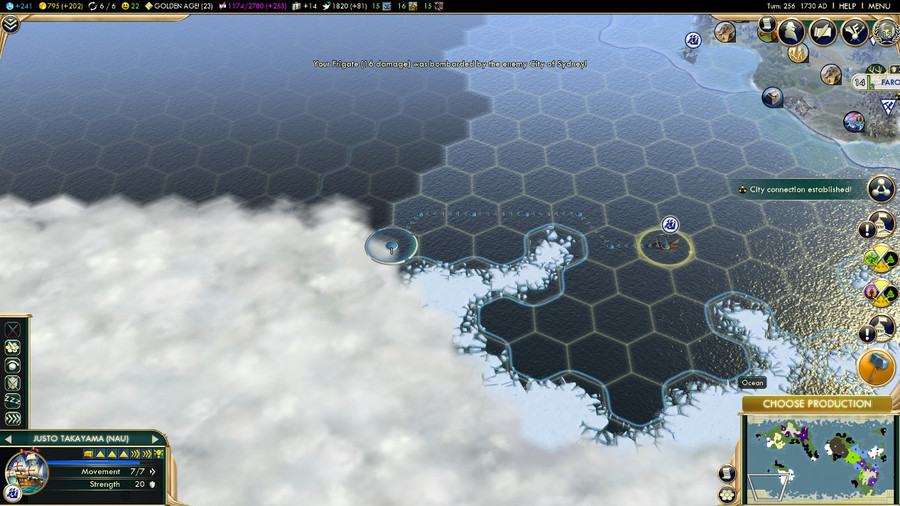
The Justo Takayama, meanwhile, continues a Confucian pilgrimage.
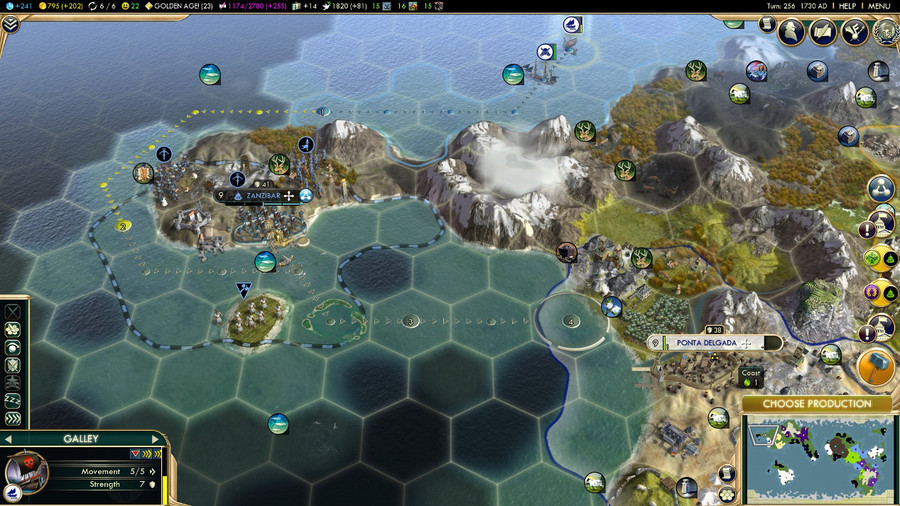
The Galley prepares itself for a trip to a Portuguese museum.
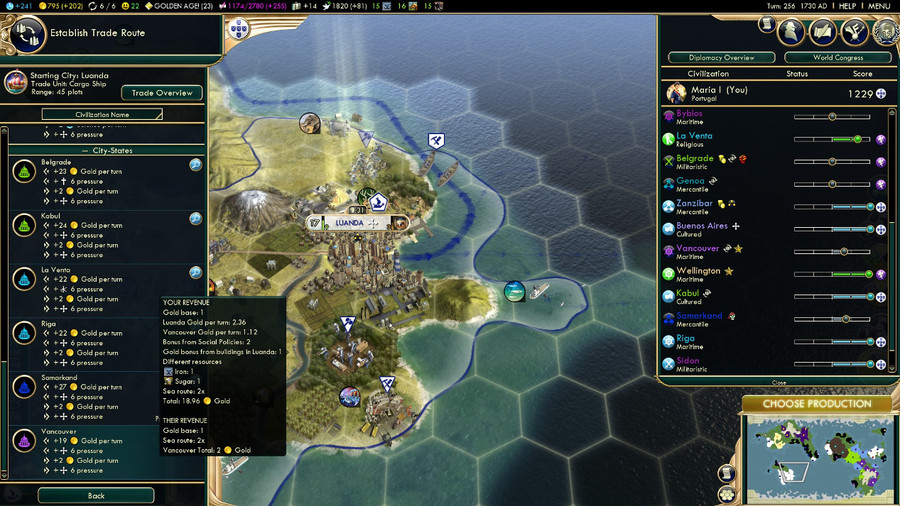
The President looks into the use of trade as a diplomatic tool as well as an economic one, and sends a trade ship to Vancouver in order to gain influence with its old neighbour.
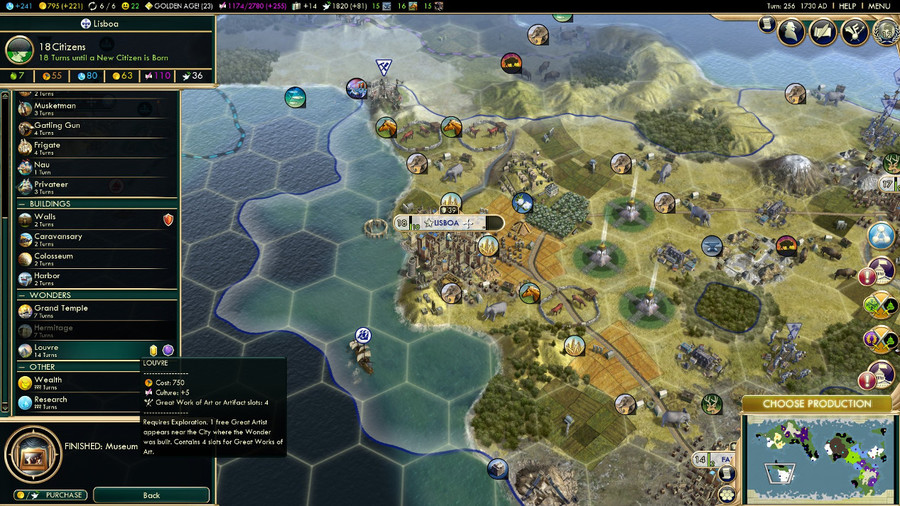
Lisboa, meanwhile, decides to fully embrace its historical heritage and commissions an architect of some renown to create a gigantic museum complex.
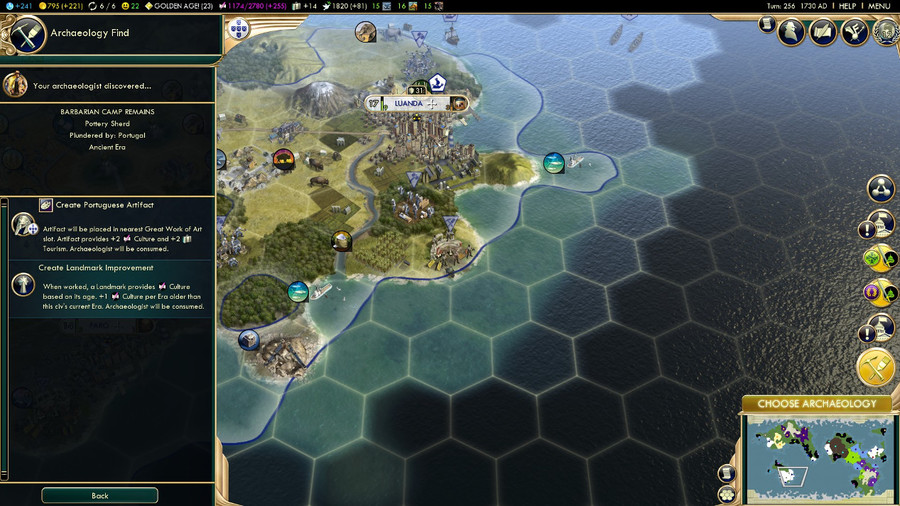
The Archaeologists of Luanda also identify some historical battle grounds of some import near their city, and commemorate it with a monument that draws visitors to the local municipality. Speculation that the people of this sleepy town were the descendants of a tribe that once taught the Portuguese about sea travel remain unverified.
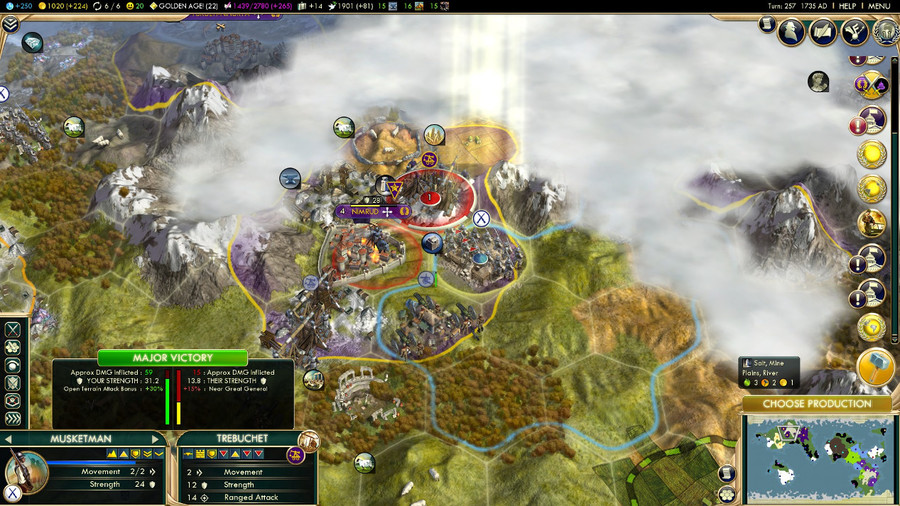
The war effort proceeds well, with Nimrud encircled and about to face down another assault.

The Byzantines, despite apparent earlier misgivings, have apparently also befriended the Shoshone, though this only annoys the President given that she is looking to exert some political pressure on Pocatello to get him out of conflict with Brazil.
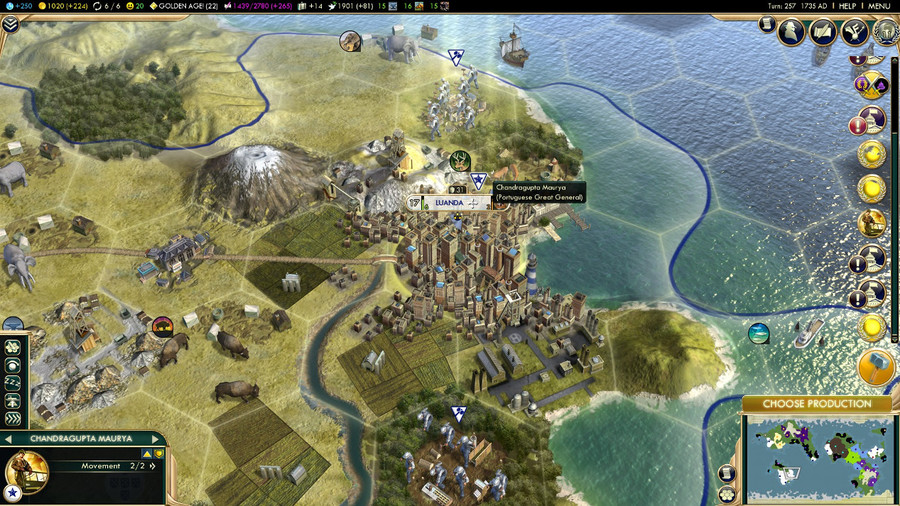
Conflicts in Rome, however, result in talented people becoming famous in the military for their ability to assess and lead, and General Mayura is dispatched to Assyria in order to support the front.
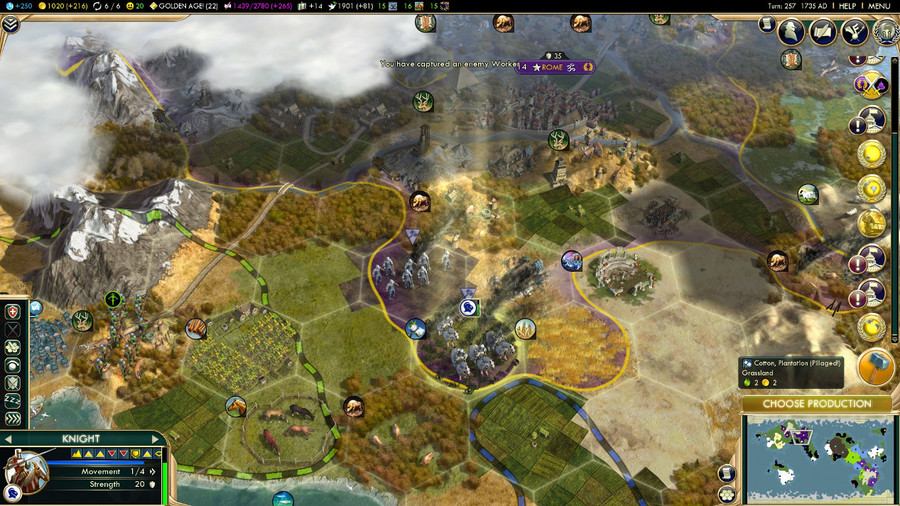
The Knights of Portugal, however, capture two units of Roman workers sent to repair the damages caused by their rampage through the country, and their taskmasters are swiftly executed.
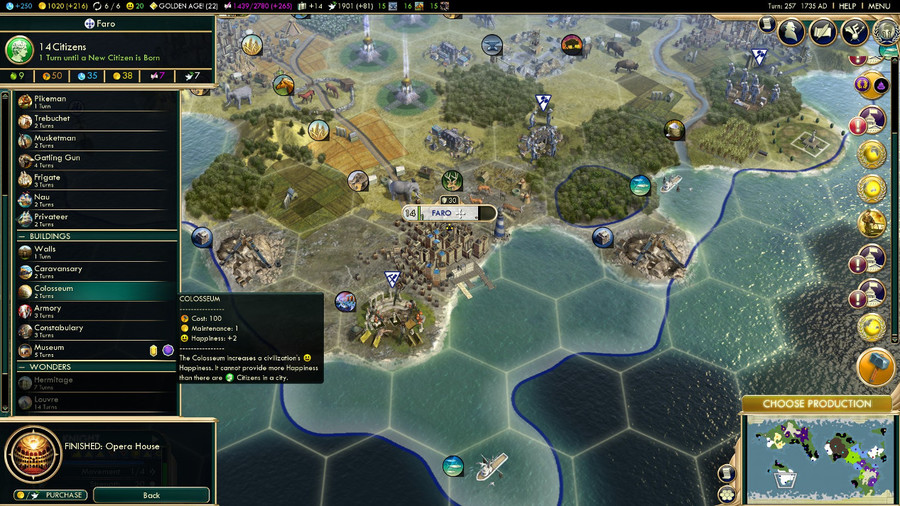
The word of their capture reaches the mainland, and the stories they tell about Roman entertainment shock and amaze the Portuguese. The people of Faro, bored easily of life in the frozen wilderness, decide to build one of these "Coliseum" in order to bring some excitement into their lives.
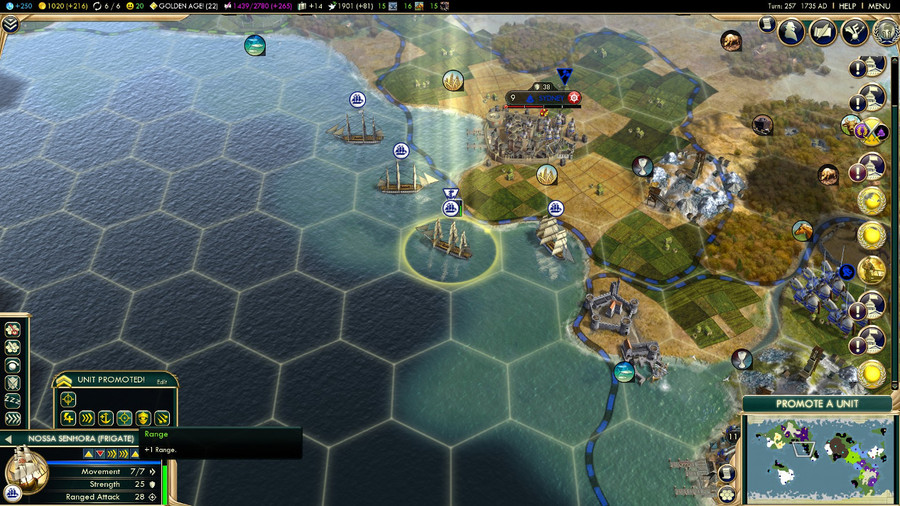
Though the Armada withstands constant fire from the Sydney mainland, the gunners become ever more proficient for their combat experience, and develop even more powerful techniques for attacking targets from a distance.
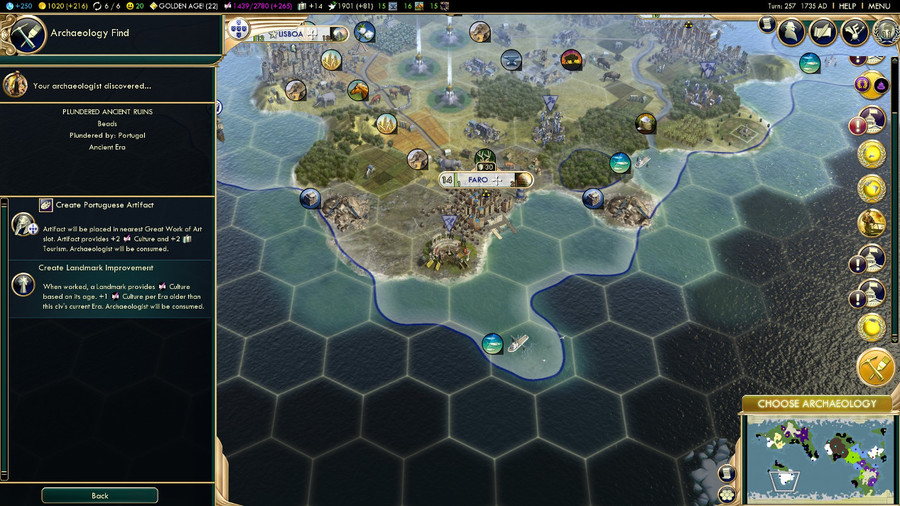
The locals of Faro are not terribly impressed by the findings of local historians, but their city becomes all the better known for them.
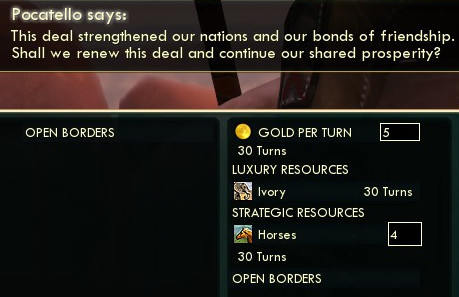
Pocatello seeks another trade on terms that past regimes found punitive, thus the President was in no mood to renew them.

Venice, however, was showing that they were delving into the political sphere with a bit more enthusiasm than before.
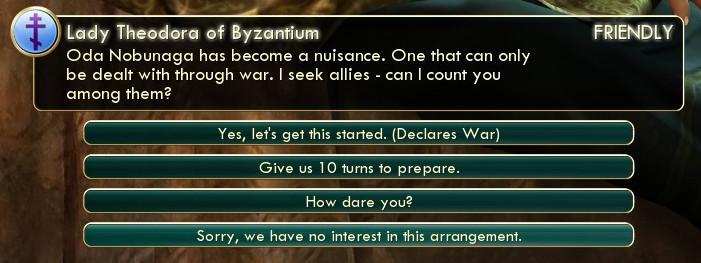
Though in her heart she is intrigued by the possibility, the President is not willing to further embroil her people in war, especially when she considers a large number of Japanese her fellow citizens.
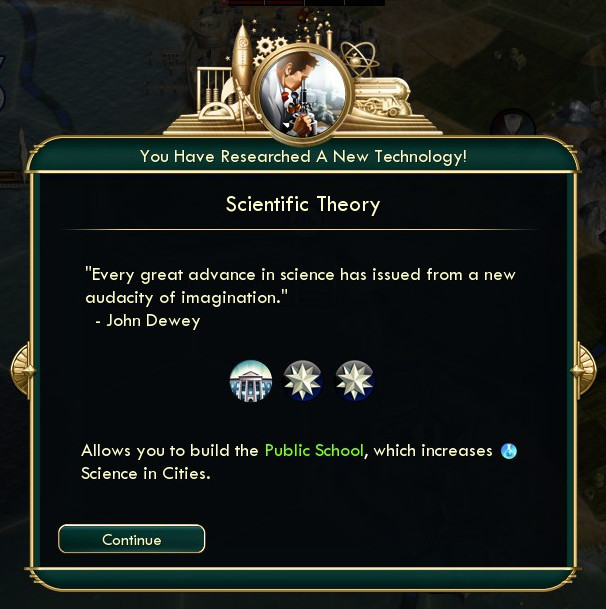
This new focus on culture and historical precedent in Lisboa spurns a new generation of thinkers and scientists from even the unlikeliest sources, and their suggestions and collaboration serve to reform large swathes of the Portuguese education system as a whole.
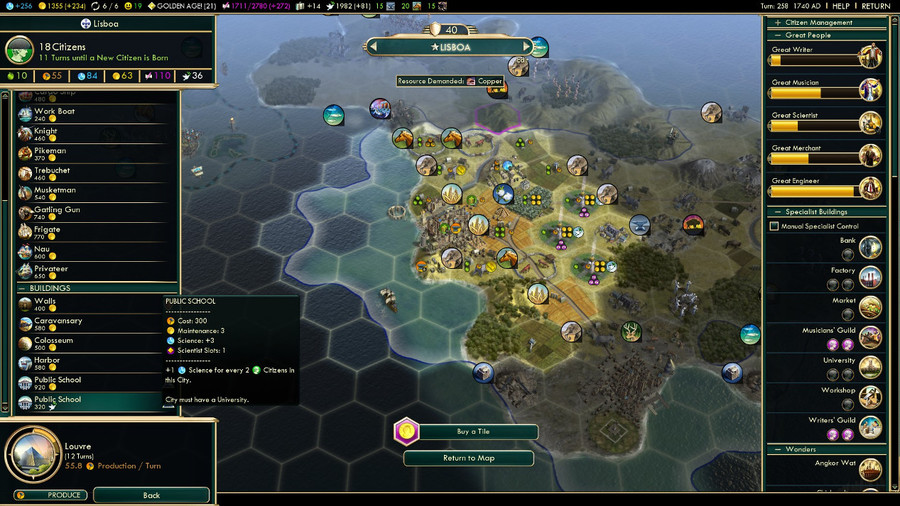
Given that education in Portugal is by and large a function of the clergy, there is a movement to support these changes from inside, and many local priests in training are offered a chance to become educators on secular matters as well as spiritual ones.
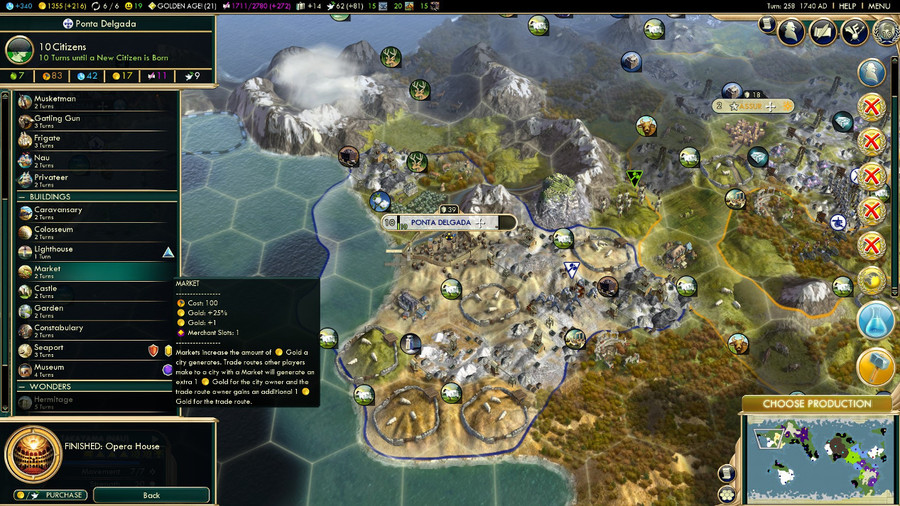
The resultant reform sweeps Portugal like a wind across the sea, and the general level of education rises throughout the country. Everyone suddenly seems to find themselves with more time for pursuing new goals and interests.
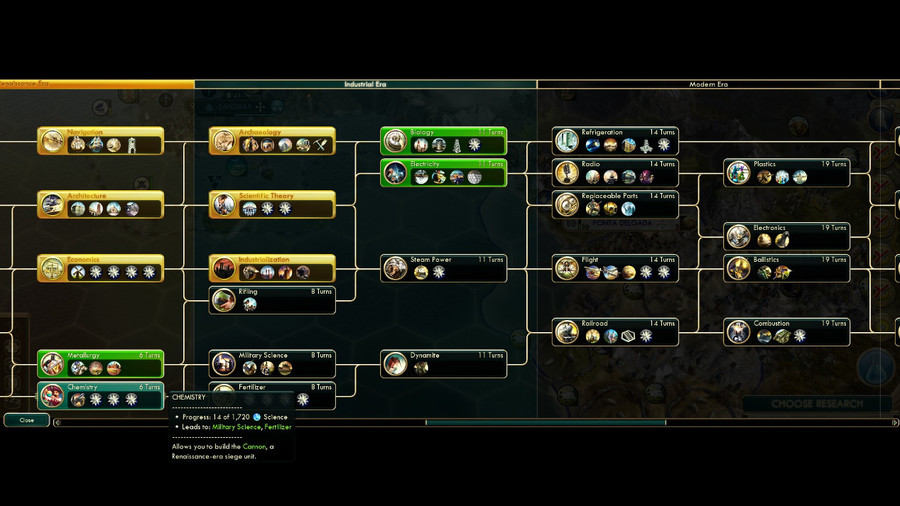
What changes may result from this, only wiser people can say.
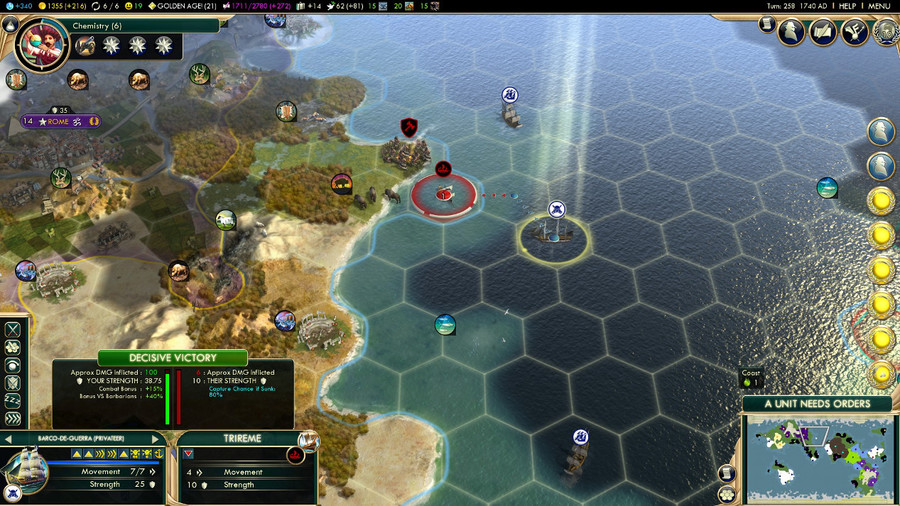
The capture of Roman property continues unabated.
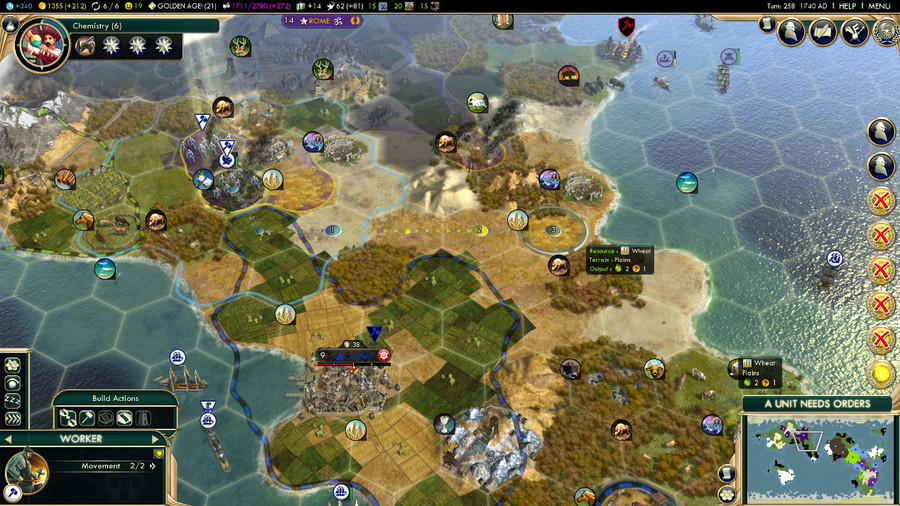
Though the new Workers can begin their task almost immediately.
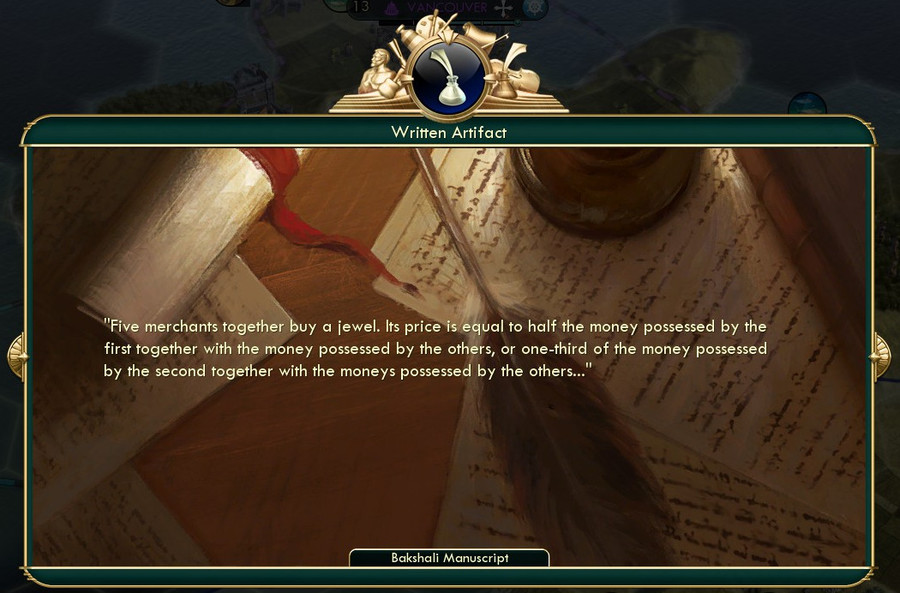
Word from Lisboa is that Archaeologists have found a remarkable text dating back to the time of Sebastião is unearthed some distance from the city, but near one of the region's oldest private academies. The text itself is an instrumentally illustrative piece on mathematical problems and trade, and perhaps establishes a firm proof that the earliest Sebastianists recognized the value of trade as well as education from their inception.
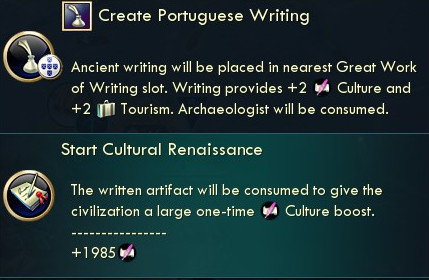
The text is instrumental in driving forward a new way of looking at Portuguese religious history.

Word around Lisboa is that a diplomat overseas has sent shocking news to the capital. However, the President's reported response was an amused "bless her heart."
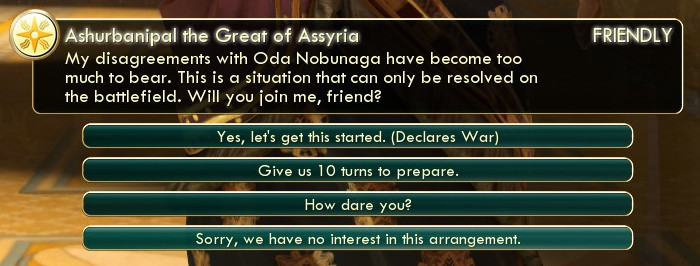
What apparently did surprise her was the Assyrian desire to go to war so soon after Ashurbanipal's restoration to power, but the President remained committed to the task at hand.
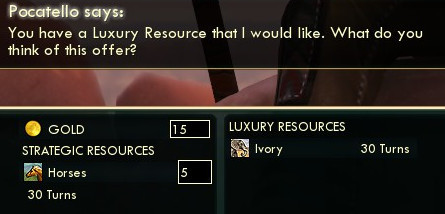
Pocatello makes an unusual offer, but is rejected in the hopes that he will understand that he has done wrong.
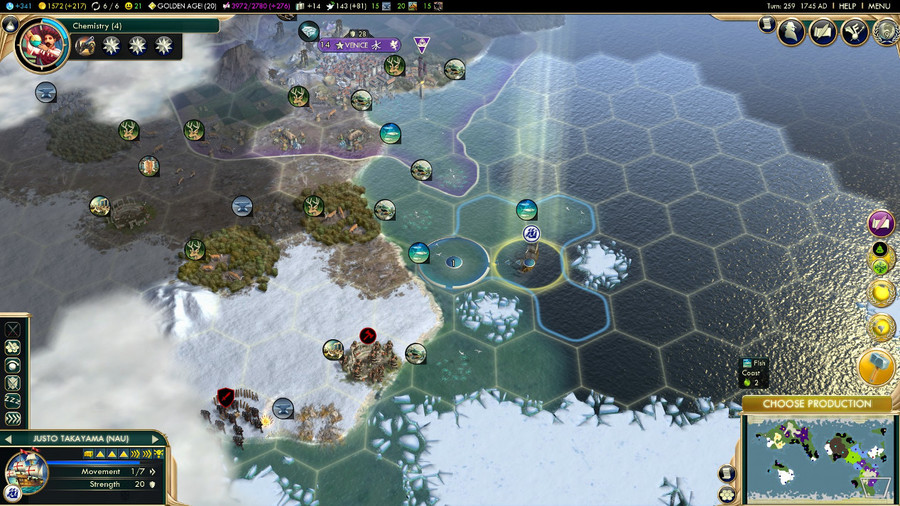
The Justo Takayama notes that there is still an unusual settlement to the south of Venice, and Lisboan scholars make plans to start an expedition to the region.
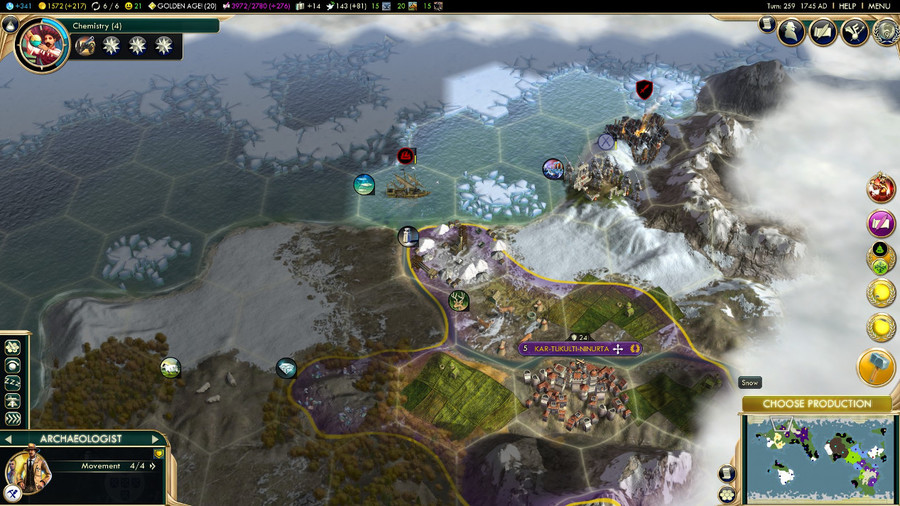
In the distant north, another group of hostile Romans is located near a captured Assyrian city, and though the local scouts try to take cover nearby it is apparent that they are under siege and will not last long.

With this increased focus on military force, the President begins taking steps towards demonstrating that the Portuguese military serves a greater purpose, to guarantee the independence of the nations of the world and the sanctity of their electoral process through military expenditure.
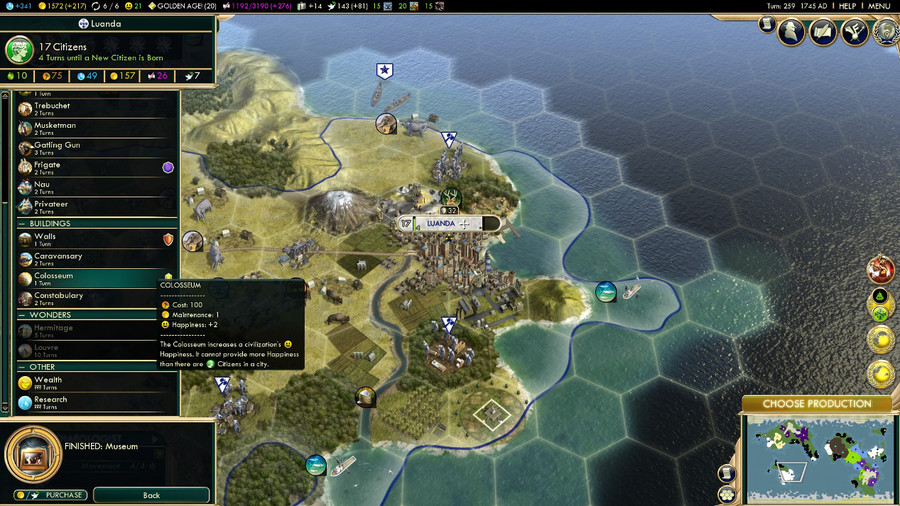
Luanda, however, contents itself with entertainment.
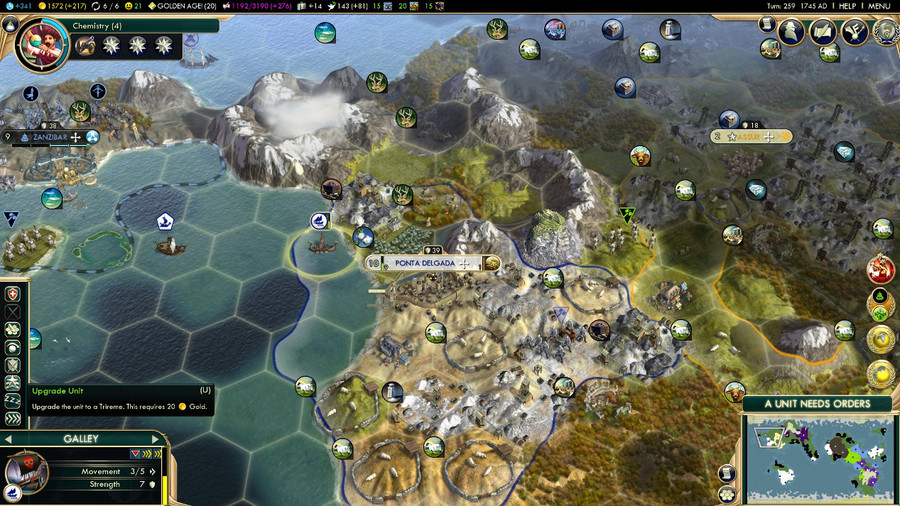
Though the Galley seems to be an artifact of some age, the people of Ponta Delgada are not above repurposing it for modern military use.
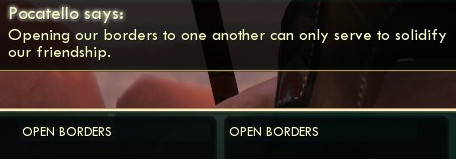
Pocatello makes a diplomatic overture, but the President again rejects it, though not before considering an interesting possibility.
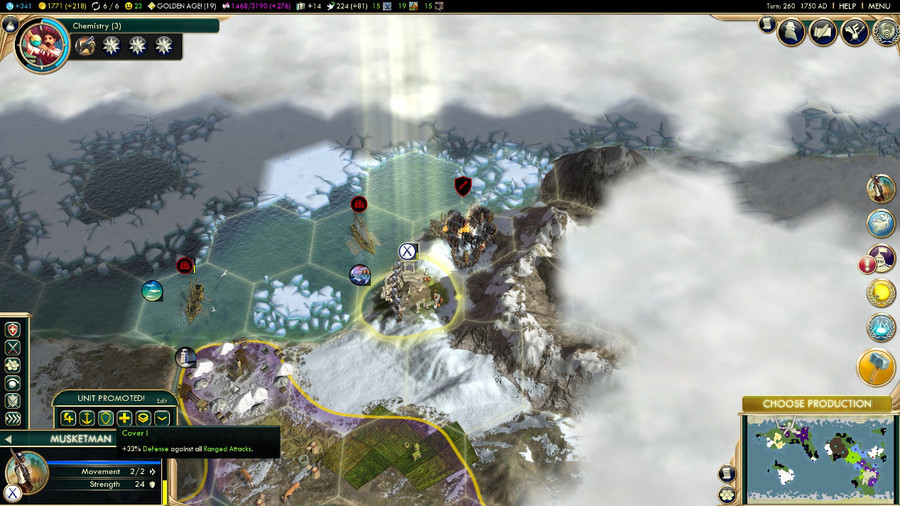
The exploratory force in Northern Assyria locates a second enemy vessel originally hidden from view, and so is forced to take cover in the hills and weather an intense storm in order to survive bombardment.
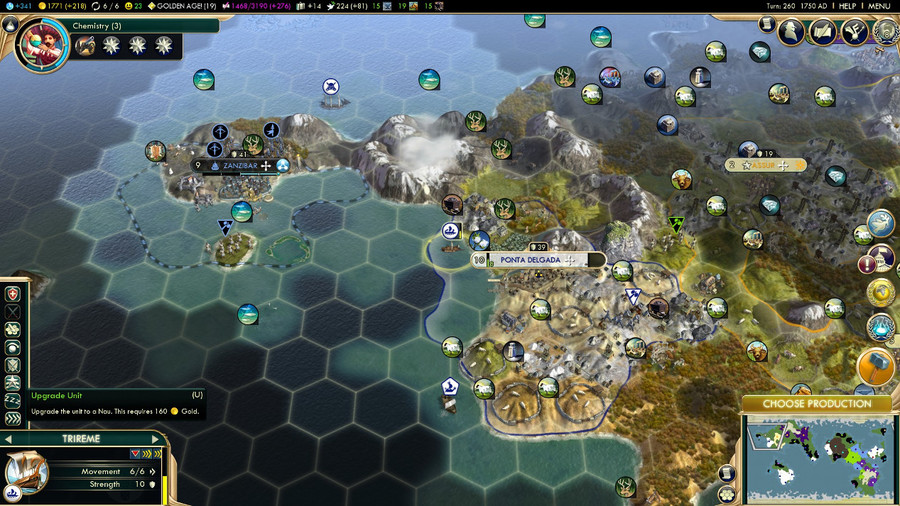
Ponta Delgada fully modernizes the hull of the ancient craft, though the new Nau is considered an almost surplus craft immediately.
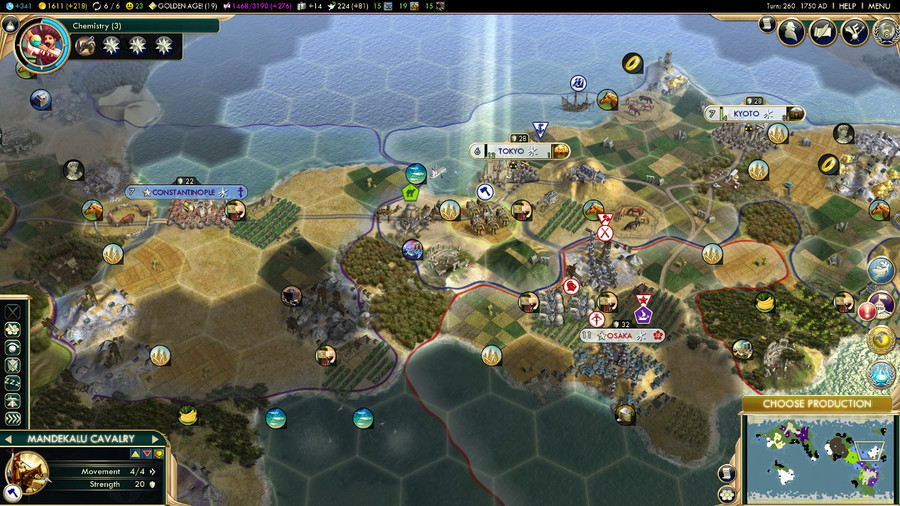
Reports reach the mainland that a volunteer force from Sidon has arrived in Tokyo in order to support strategic efforts in Brazil.
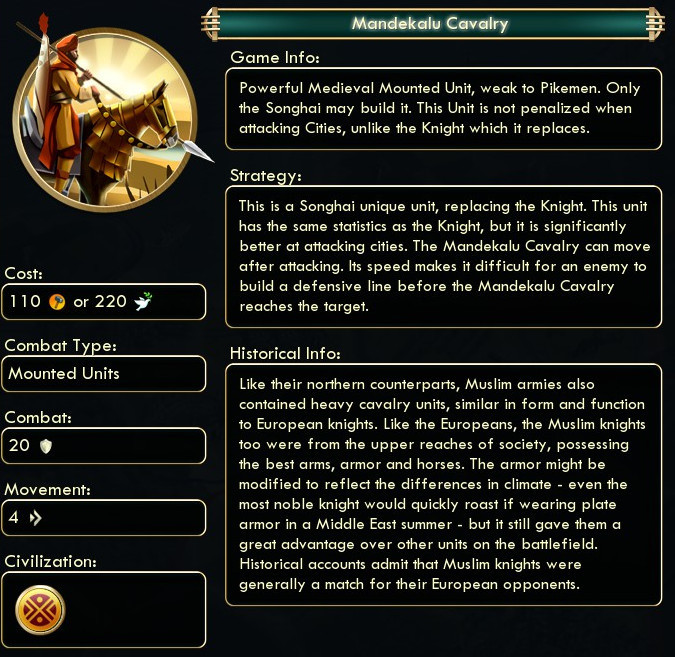
The composition of their unit is completely foreign to the Portuguese, but their efforts are appreciated nonetheless.
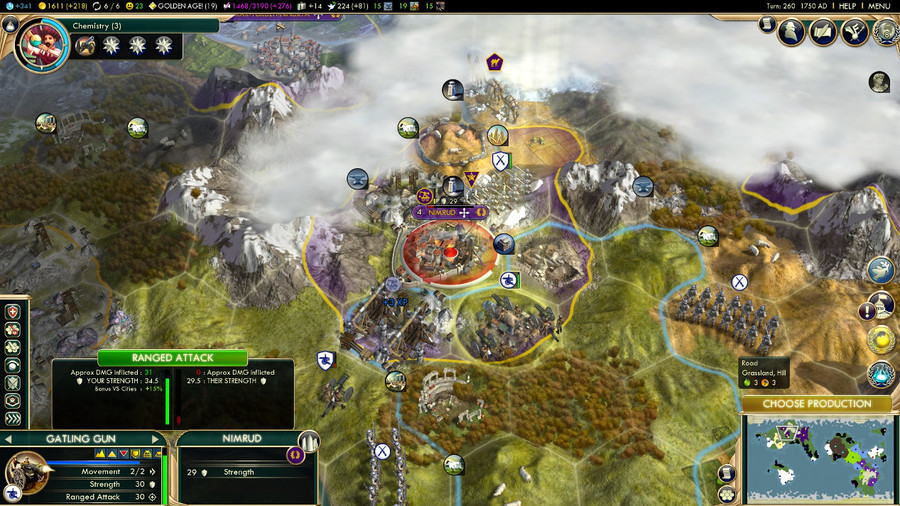
Nimrud's defences disintegrate after some further pressure is applied.
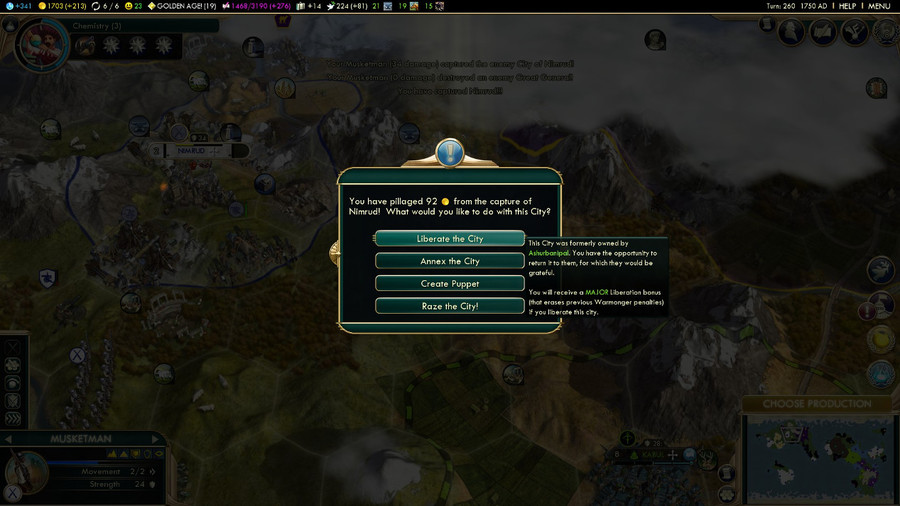
Its subsequent return to Assyria is celebrated by the locals.
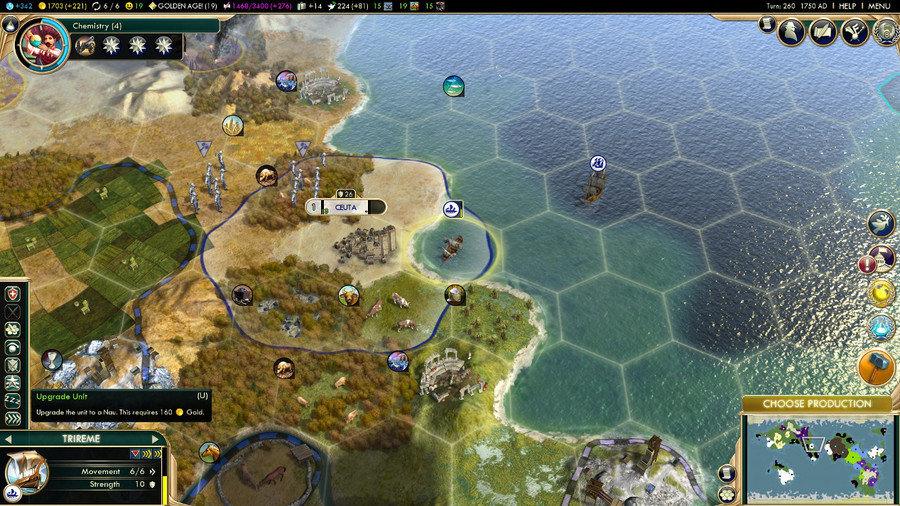
Finally, the new settlement is formed in southern Rome, and named the city of Ceuta.
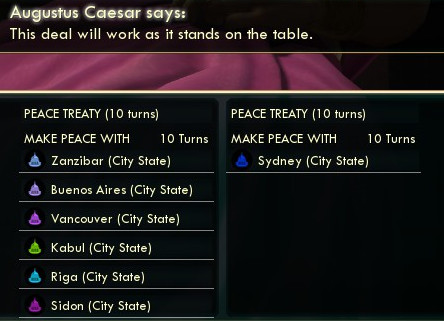
Despite this pressure, however, the Roman refuses to concede to anything better than a white peace, and the President finds herself further embroiled in warfare...
A ser continuado.